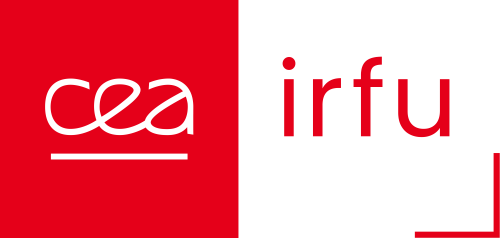Les stages
Astro-COLIBRI : une application smartphone pour l'astrophysique multi-messager
Astro-COLIBRI: a smartphone app for multi-messenger astrophysics
Candidature avant le
07/06/2022
Durée
4 mois
Poursuite possible en thèse
oui
Contact
SCHUSSLER Fabian
+33 1 69 08 30 20
Autre lien
Résumé/Summary
Sujet détaillé/Full description
Au cours de ce stage, nous adapterons et inclurons ces algorithmes dans l'API Astro-COLIBRI. Les plannings d'observation qui en résulteront seront ensuite visualisés sur le Web et dans les applications pour smartphones afin de permettre une organisation efficace des observations de suivi par un large éventail d'instruments dans le monde entier. Des tests approfondis avec des événements GW réels détectés au cours des dernières années, ainsi que des alertes simulées en temps réel, précéderont le déploiement des nouvelles fonctionnalités dans Astro-COLIBRI (y compris la soumission aux app stores de Google et Apple). Cela facilitera une manière nouvelle et collaborative de mener ces observations cruciales lors du prochain cycle de prise de données (O4, débutant fin 2022).
Le stage sera donc une introduction et une préparation parfaites au projet de thèse de doctorat proposé par le groupe à l'IRFU, qui améliorera encore les algorithmes avant de les utiliser activement dans la recherche de contreparties gamma VHE aux événements GW avec H.E.S.S. et CTA. Voir https://irfu.cea.fr/Pisp/fabian.schussler/index.html pour plus de détails.
During this internship we will adapt and include these algorithms within the Astro-COLIBRI API. The resulting observing patterns will then be visualized in the web and smartphone apps to allow for an efficient organization of follow-up observations by a large range of instruments around the world. Extensive testing with real GW events detected over the last years, as well as simulated real-time alerts will precede the deployment of the new functionalities within Astro-COLIBRI (incl. submission to the Google and Apple apps stores). This will facilitate a novel and collaborative way of conducting these crucial observations during the next data taking run (O4, starting end 2022).
The internship will thus be a perfect introduction and preparation of the PhD thesis project proposed in the group at IRFU that will further improve the scheduling algorithms before actively using them in searches for VHE gamma-ray counterparts to GW events with H.E.S.S. and CTA. See https://irfu.cea.fr/Pisp/fabian.schussler/index.html for details.
Mots clés/Keywords
Logiciels

